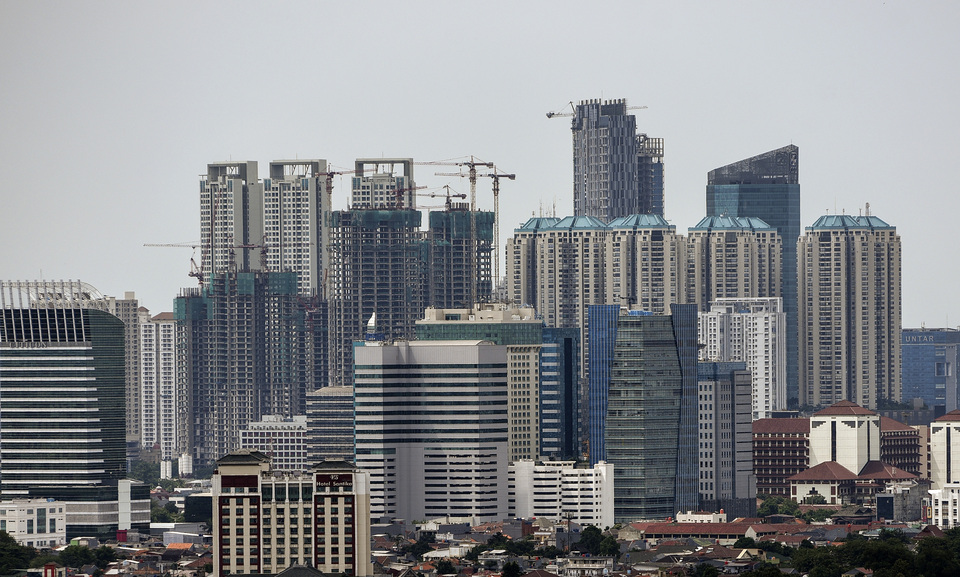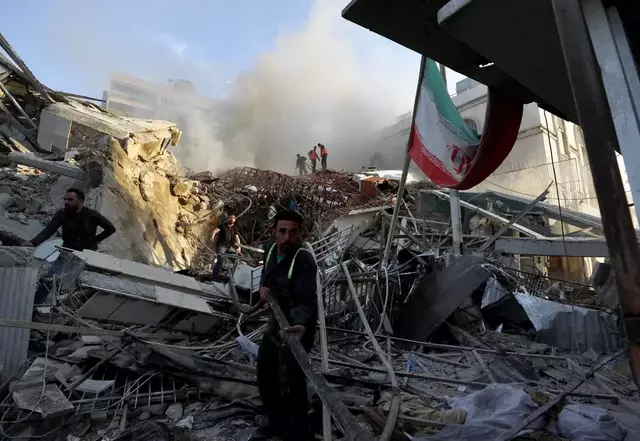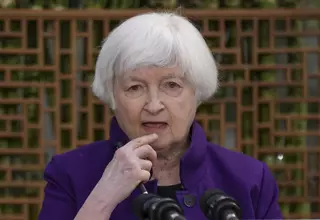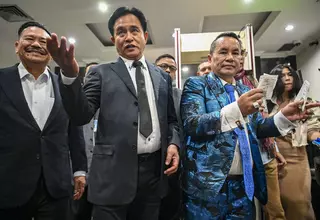Indonesia in Good Shape to Weather Shaky Global Finance: IMF

Jakarta. The International Monetary Fund said the Indonesian economy will remain stable in the medium term, and expects the country to be able to weather easily increasing uncertainties in the global economy thanks to prudent fiscal and monetary policies and an effective reform in its bureaucracy.
The Indonesian government has so far managed to maintain strong economic growth, low inflation and healthy current account deficit, according to an end-of-mission statement from the IMF released on Thursday (24/11).
These would serve Southeast Asia's biggest economy well, especially against risks from policy uncertainties in the United States under the new administration of President Donald Trump next year, tight financial conditions globally, slower-than-expected growth in China and a renewed fall in commodity prices.
"The authorities have skillfully navigated the changing currents in international economy," Luis E. Breuer, IMF Article IV Mission to Indonesia's team leader, said in a statement.
The latest report from Indonesia's statistics agency said its economy expanded 5.02 percent in the third quarter this year, a dip from 5.19 percent in the previous quarter.
The government and the central bank expect a 5 percent full-year growth in 2016 and 5.1 percent next year.
Inflation stood at 3.31 percent in October with an average of 3.58 percent in January-October, lower than the 4 percent target in the 2016 revised state budget.
Indonesia's current account deficit reached $4.5 billion in the third quarter — about 1.8 percent of its GDP — lower than the $5 billion in the previous quarter, reducing the country's dependency on financing from abroad.
"The government's fiscal strategy [...] will anchor stability and support medium-term inclusive growth," Breuer said.
Breuer was referring to the 2016 revised state budget in which the government set a less ambitious revenue projection and spending commitments while still keeping its priorities.
The 2017 state budget, according to Breuer, also offers a fiscal buffer by targeting a lower deficit of 2.4 percent of GDP, compared to the 2.7 percent of GDP expected this year.
"The team welcomed the budget plans to expand the taxpayer base, improve targeting of subsidies, increase transfers to local governments and ensure financing for public investment and social programs," he said.
Breuer, however, underlined the weak tax revenues that continue to constrain spending. The government reported that it has only managed to collect Rp 871 trillion ($65 billion) in taxes by the end of October, only 64 percent of its target this year.
On the monetary side, Breuer said Bank Indonesia's current monetary policies are "appropriate" to the government's efforts.
Bank Indonesia, the central bank, has reduced its policy rate by 150 basis points so far this year in an attempt to lower lending rates, boost demand and prop up economic growth.
It has also changed its benchmark rate to the 7-day reverse repo rate for the same reason, hoping it could influence money-market rates more directly.
Breuer and his team lauded the central bank's decision to maintain the 7-day reverse repo rate steady at 4.75 percent in the latest policy meeting this month, and to keep its policy to allow the exchange rate and government bond yield to adjust with some intervention to ensure orderly operation of markets.
"Keeping this flexibility will be important to allow the economy to adjust smoothly to volatile external conditions," he said.
The statement came at the end of an IMF staff team's visit to Indonesia on Nov. 7-18 to conduct the annual Article IV Consultation, which assesses every country's economic conditions in order to foresee global economic risks.
The IMF Executive Board is tentatively scheduled to discuss the staff report in January next year.
Tags: Keywords:POPULAR READS
Nissan to Make Next-Generation EV Batteries by Early 2029
Solid-state batteries are widely seen as the next step for EVs.Airlangga Set to Extend Leadership in Golkar After Election Success
Under his leadership, Golkar rose to the second position in the legislative polls and successfully made Gibran the elected vice president.Yellen Says Iran's Actions Could Cause Global 'Economic Spillovers'
Iran's missile attack on Israel early Sunday came in response to what it says was an Israeli strike on Iran's consulate in Syria.Takeaways from Prabowo's Responses to Legal Motion Contesting His Election Win
Part of the argument addresses the claim that the candidacy of Gibran Rakabuming Raka, Prabowo’s running mate, is unlawful.Prabowo Camp Cites ‘Procedural Error’ in Legal Challenge by Rival Candidates
The Constitutional Court's main task is to address alleged discrepancies in vote tallies, which neither of the plaintiffs challenged.Popular Tag
Most Popular






















